Oracle seeking an injunction against Android as an "incompatible clone of Java"
Oracle and Google are deadlocked in settlement talks ordered by the judge overseeing the case, according to a report by FOSS Patents blogger Florian Mueller.
Mueller analysis of the talks suggests that Google hopes to postpone any settlement with Oracle until its acquisition of Motorola Mobility is finalized, with the intent of filing retaliatory countersuits against Oracle.
However, Mueller separately notes that while Oracle has calculated demands for past damages, including patent damages, copyright damages and a share of Google's profits as an infringer, it is not detailing future damages in the form of an ongoing royalty, similar to the fees Microsoft has negotiated with Android licensees such as HTC.
Instead, Oracle notes in a filing that it "intends to strenuously pursue injunctive relief to resolve the key issue in this case: whether Google can use Oracle's intellectual property to create an incompatible clone of Java and thereby undermine Oracle's and many others' investments in 'write once, run anywhere.' If future royalties are applied, it is well established that they should be based on a separate, post-verdict assessment."
Mueller explains that this means Oracle views Android as a fragmentation of Java, and that rather than seeking future royalties, it would prefer to see an injunction that would either force Google to create an entirely new platform for Android that does not infringe Java (a massive investment that would render all existing Android software obsolete), or to apparently to recognize Android as Java, involving steep Oracle licensing costs for the platform going forward.
Oracle may not be granted the injunction it is "strenuously pursuing." In that case, if Google "is found to infringe but Oracle is denied an injunction," then "Google can continue to infringe but has to pay the amount determined by the court, which might be a per-unit royalty or a percentage of revenues," Mueller states.
Timing of Google's Motorola Mobility deal also factors into Apple lawsuit
While Oracle is directly suing Google over the technical foundations of Android's Java-like runtime, Apple has so far limited its lawsuits to hardware vendors licensing Android, including Samsung and Motorola Mobility.
With Google now in the process of buying Motorola Mobility, Apple's infringement claims now involve Google itself. However, because that deal is not finalized, Apple has recommended that the case be put on hold until Google's acquisition is completed.
Currently, Motorola Mobility lacks the legal ability to negotiate its patent rights and obligations without Google's input as a buyer. However, because the deal is still pending Google is restricted from involving itself in the case because it doesn't yet own the company. Apple therefore claims that Motorola currently lacks standing to negotiate the rights to its own patents.
Apple's lawyers have pressed the legal council of Motorola Mobility for more information on its confidential merger agreement with Google, a sensitive subject that Motorola has tried to avoid while deciding how to maneuver in the weeks since Apple filed its motion to stay the case.
Apple's attorneys have complained that the company "is expending enormous resources litigating toward final judgments that may be invalid if Motorola lacks standing."
Meanwhile, Motorola Mobility has finally responded to Apple's motion to stay its infringement case by filing to request "a limited period of time before the entry of any such order [to stay] so that Motorola can attempt to cure the defects in standing."
However, Mueller notes that Motorola Mobility can't "cure its defects in standing" without a revised agreement with Google, as its existing agreement prevents Motorola from settling pending patent litigation. But such a new agreement would also be a problem, because as Mueller notes, Motorola's management "must operate the company independently, within the parameters of the merger agreement, until the transaction is closed."
Google's deal to buy Motorola Mobility is therefore threatening to hold up Motorola's ability to "defend" Android from infringement cases by both Oracle and Apple, the opposite of what Google intended its $12.5 billion acquisition to do. Instead, it is delaying settlement opportunities and threatening to make it even more expensive to resolve the issues.
 Daniel Eran Dilger
Daniel Eran Dilger











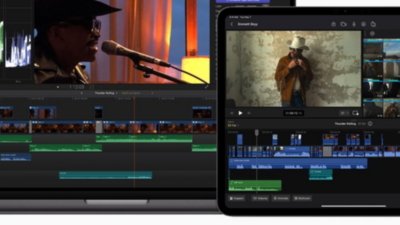
 David Schloss
David Schloss
 Wesley Hilliard
Wesley Hilliard
 Mike Wuerthele and Malcolm Owen
Mike Wuerthele and Malcolm Owen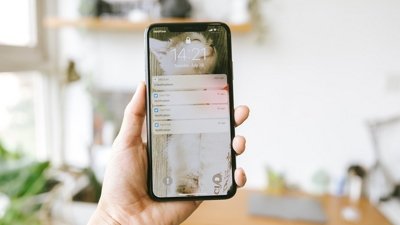
 Amber Neely
Amber Neely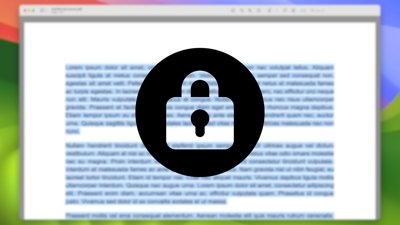
 Bon Adamson
Bon Adamson
 Andrew Orr
Andrew Orr
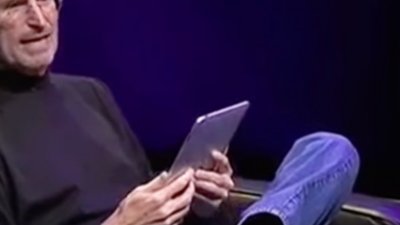
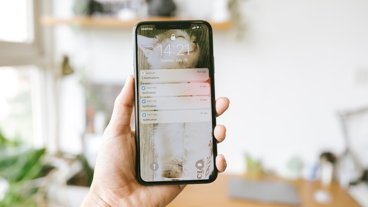
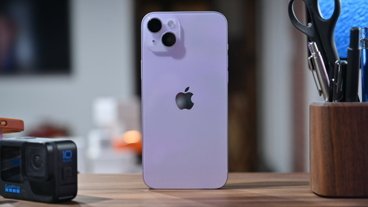








203 Comments
I'm rooting for Oracle and Android should be shutdown and taken off the market, making it illegal for any manufacturer to make any device with Android on it. Don't be a thief, come up with your own shit.
I'm rooting for Oracle and Android should be shutdown and taken off the market, making it illegal for any manufacturer to make any device with Android on it. Don't be a thief, come up with your own shit.
If that happens, maybe HP can get someone interested in buying WebOS.
And Microsoft and Apple will certainly have a big party.
The reason why they're going for an injunction isn't to stop Google and Android. It's to get into a better position to demand higher licensing fees. If they just go after the licensing, and the product remains on the market, they have less bargaining power than if the product is not allowed to be marketed and sold.
I say Oracle should just nuke Android from orbit.
Only way to be sure...
YES!!! You go, Oracle!!! Time to finally fight back against the thieves!!!
Those bastards at Google need to be taught a huge lesson. This certainly isn't the first thing Google has stolen & raped & pillaged:
http://brianshall.com/content/google-are-pussies